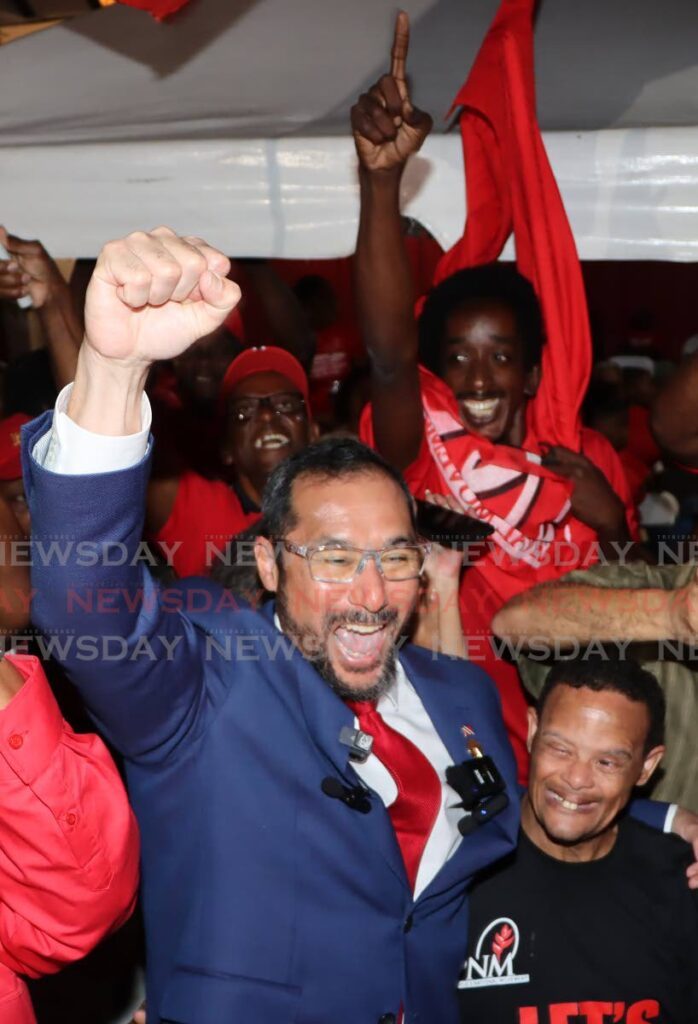Race factor

FROM the start, there has been race in TT’s politics.
As British rule was relinquished in the Red House, on one side of the chamber stood Dr Eric Williams, the first prime minister, and on the other was Dr Rudranath Capildeo, the first opposition leader. One led a party associated with Afro-Trinidadians, one Indo-Trinidadians.
That was 1962.
To date, the pattern has remained largely in place, with leaders conforming to the same demographics.
But does the emergence of Stuart Young, 49, as the successor to the Prime Minister augur a change? Is race now irrelevant?
For the moment, the answer is no.
Importantly, Mr Young was selected, not elected.
Dr Rowley’s recourse to the PNM parliamentary caucus, as opposed to a one-person-one-vote convention, raises a democratic deficit. A small group of MPs is no substitute for wider party membership. And a vote for a chairman is not the same as for a leader.
The PNM leader’s address to his party on January 25, like his chosen method of successorship anointment, is a concession that race lingers.
Attempting to both name and neutralise the issue, the Prime Minister told those gathered at the PNM’s 69th anniversary celebration, “Don’t get tie up.
“Don’t you believe that you can incite PNM members about who is our leader and the shade of his skin.”
Even Mr Young’s father, retired banker Richard Young, tempered his sense of pride and joy on January 27 and said, regarding reports of racial slurs being directed at his son, “We have to rise above those things.”
In other words, we have some way to go.
Still, the backdrop to these developments is the reality that more and more people are of mixed race, with the proportion rising from 20.5 per cent in 2000 to 22.8 per cent in 2011.
Over decades, parties have also attempted to close divides.
From the days of Kamaluddin Mohammed and Errol Mahabir, Indo-Trinidadians have played roles in the PNM, while Jack Warner and Jearlean John are examples of Afro-Trinidadian involvement in the UNC.
UNC administrations appointed Chinese-Trinidadians Gerald Yetming and Brian Kuei Tung as finance ministers, and people often forget Mr Kuei Tung’s past membership in the PNM.
Mr Young’s ascent alone, though notable and historic, may not be enough to usher in true change, which needs to be more than just a top-down thing.
There also needs to be a wider shift and a deeper embrace of unity, a stronger commitment to entities like the Equal Opportunities Commission and a conversation well beyond party figureheads.
Politicians, too, need to stop mouthing off about harmony while airing dog whistles on party platforms. If they led by example in the Red House that would certainly help.

Comments
"Race factor"